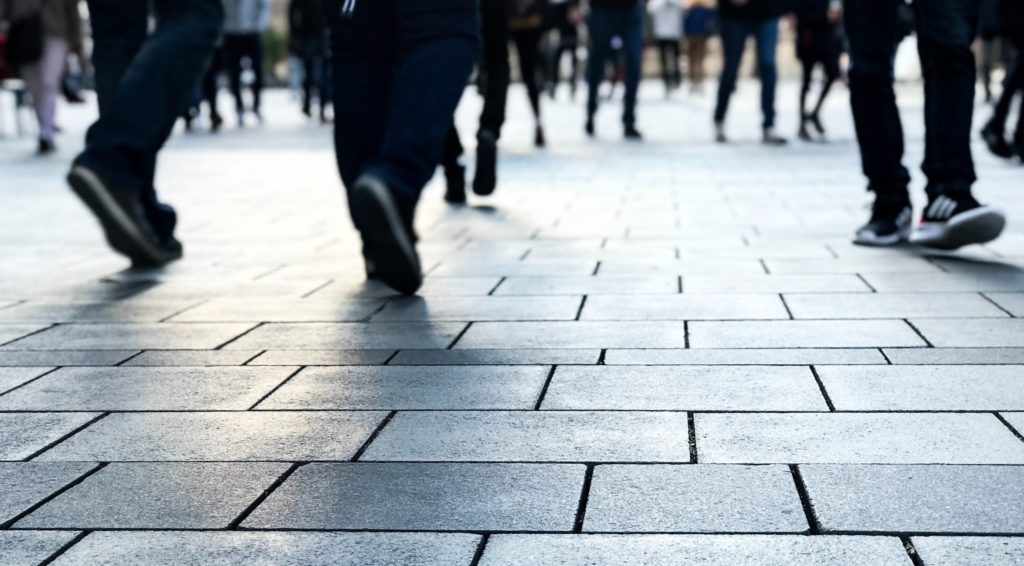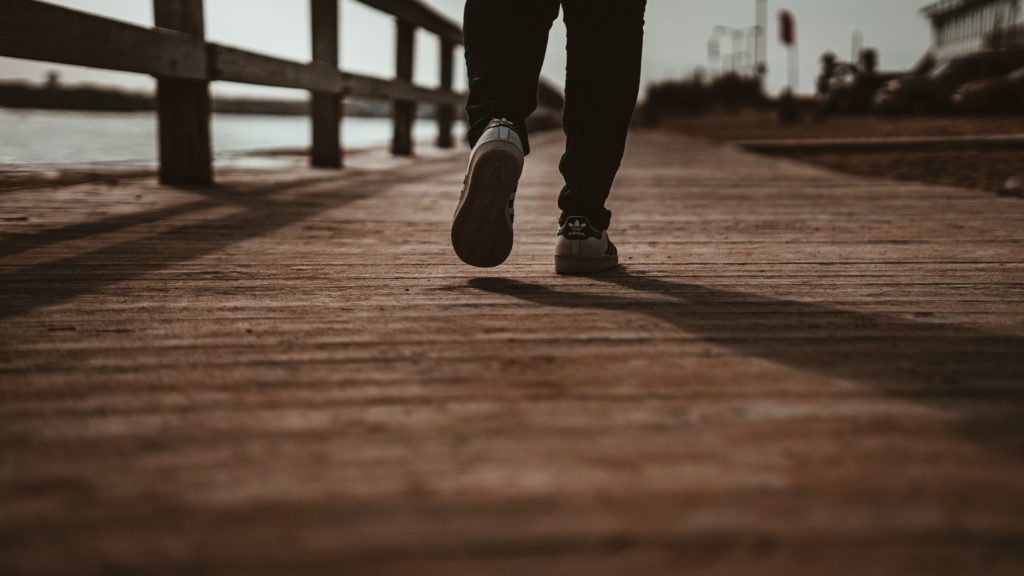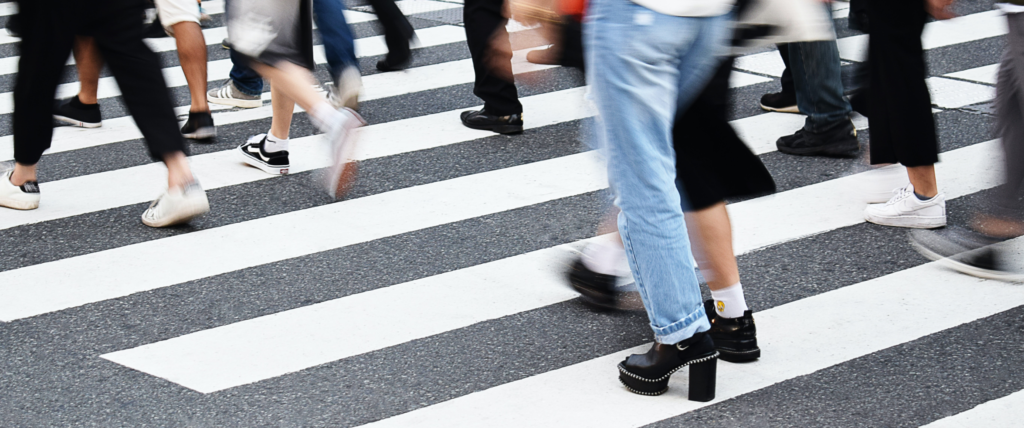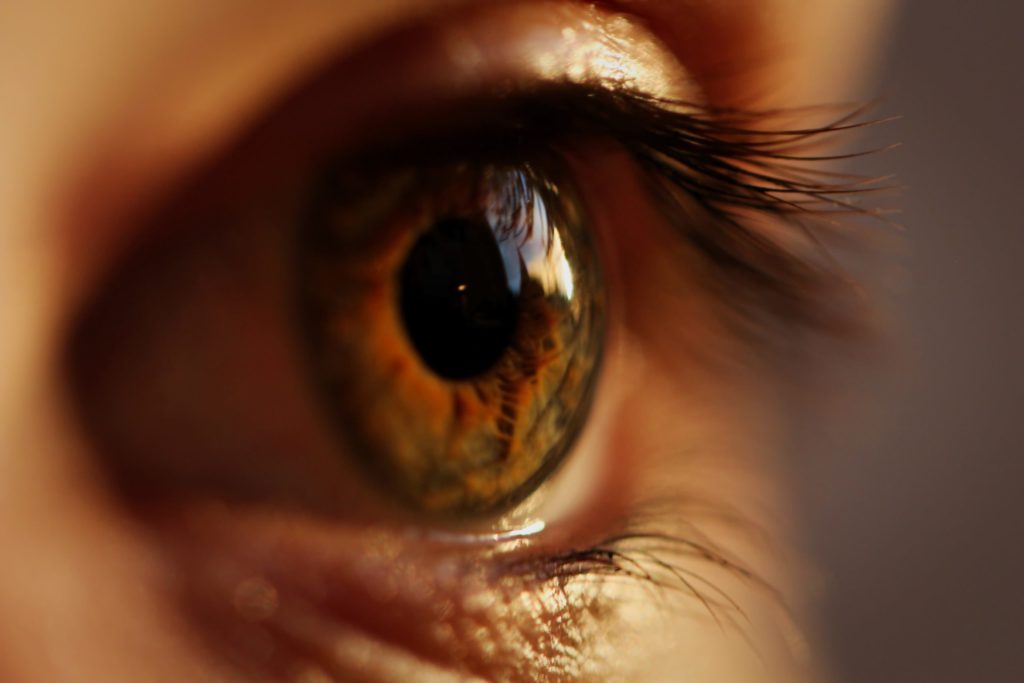Why does an infection after stroke cause worse disability?
Recovering from a stroke is hard enough yet many patients go on to get an infection, sometimes months into their recovery. For some of these patients, this can lead to more disability. Dr Rebecca Trueman, at the University of Nottingham, led a pilot study to uncover new targets that could help to protect recovering stroke patients.












